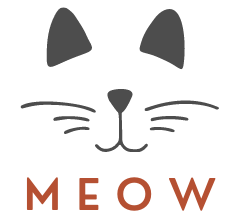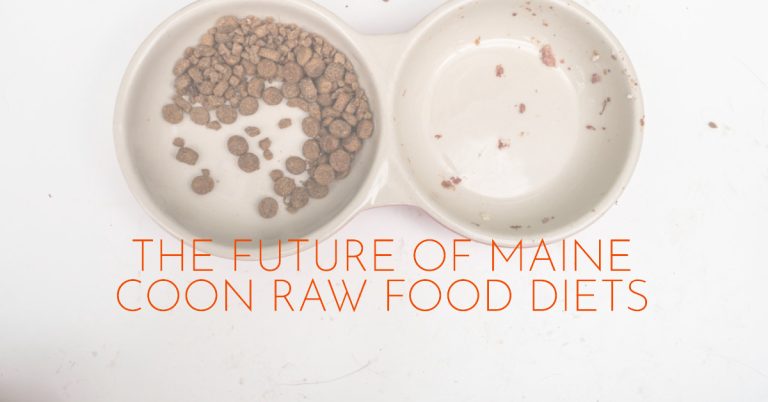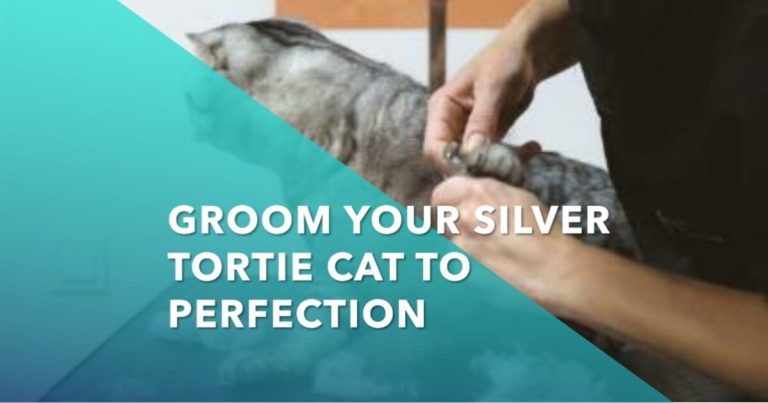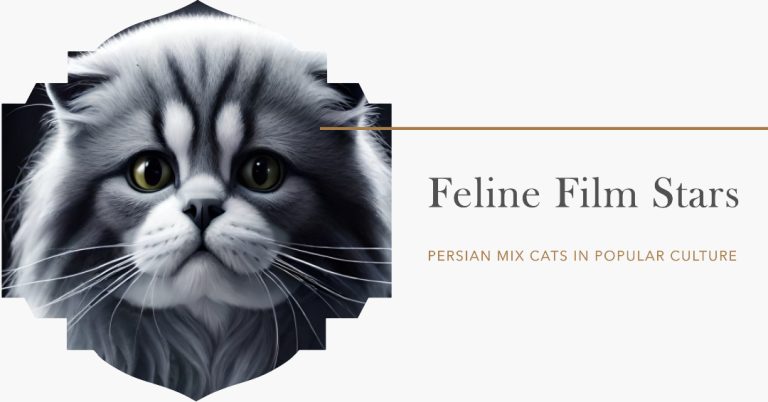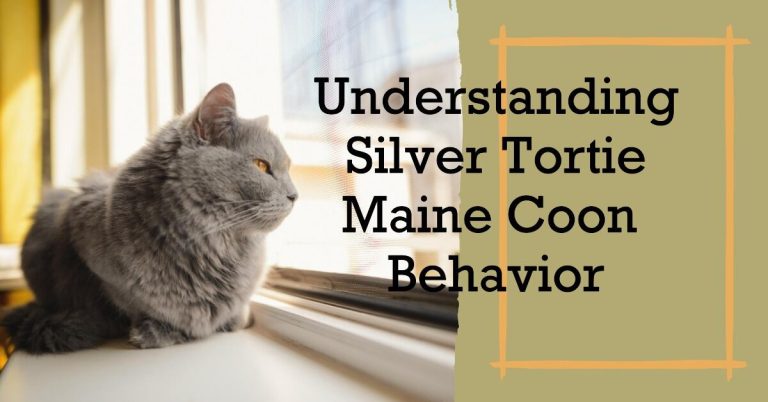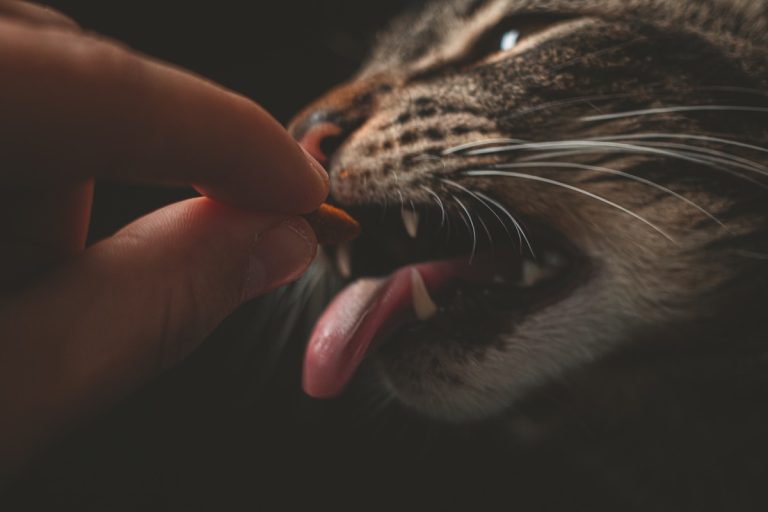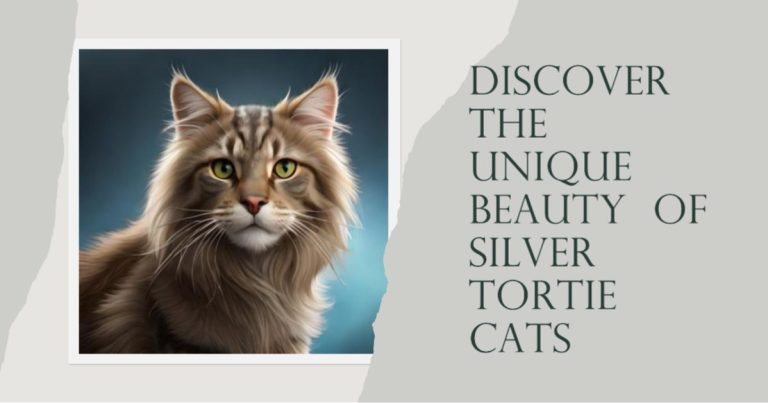Maine Coon Persian Mix Diet: What to Feed and What to Avoid
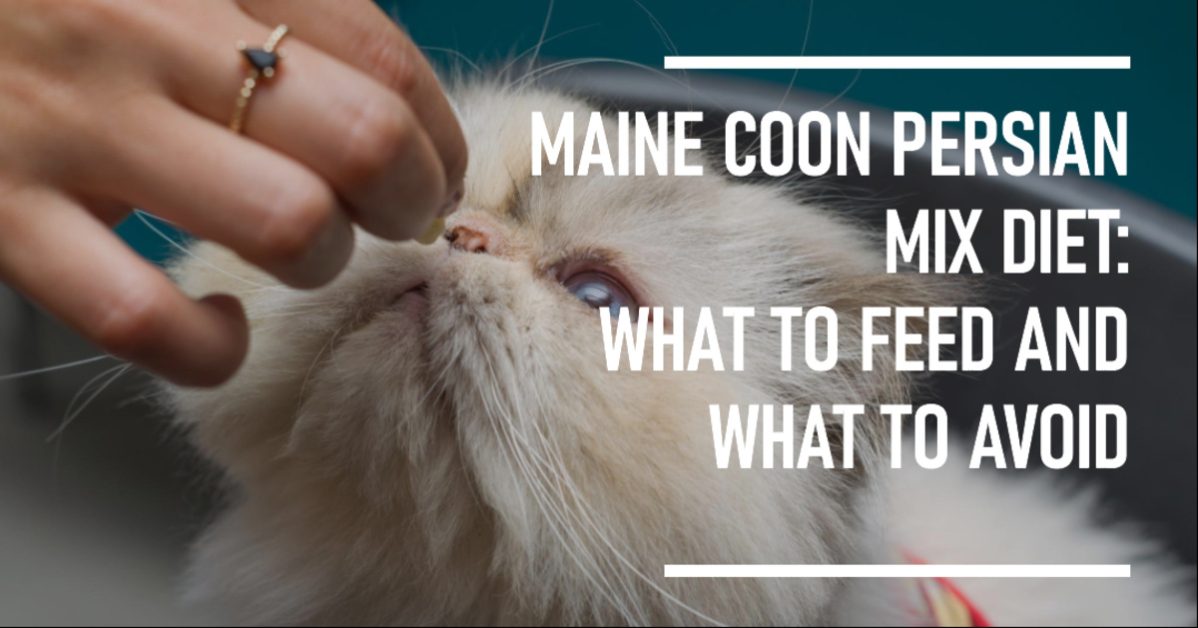
Introduction
Welcoming a Maine Coon Persian mix into your home is a delightful experience. These gentle giants come with unique dietary requirements that deserve attention. To ensure their well-being, we’ve curated an informative guide on the Maine Coon Persian Mix Diet, covering what to feed and what to avoid. This comprehensive article will help you become an expert in catering to your beloved feline companion’s nutritional needs.
Read the comprehensive guide: Unveiling the Beauty of Maine Coon Persian Mix
What Makes Maine Coon Persian Mixes Special
Maine Coon Persian Mixes, often referred to as “Maine Persian,” are a delightful blend of two popular cat breeds. Known for their striking appearance and sweet temperament, they require a diet that matches their unique characteristics.
1. Size Matters
These cats are among the largest domestic breeds, which means their nutritional needs differ from smaller cats.
2. Luxurious Fur
Their long, luxurious coats require special attention to maintain their health and luster.
3. Sweet Dispositions
Maine Coon Persians are known for their gentle and loving nature, and their diet can influence their temperament.
Maine Coon Persian Mix Diet Essentials
Ensuring your Maine Coon Persian Mix thrives starts with the right diet. Here’s what you need to know:
1. High-Quality Cat Food
Invest in premium cat food that is specifically formulated for large breeds. Look for options with a high protein content to support their muscle development.
2. Protein is Key
Protein is essential for the Maine Coon Persian Mix’s muscular build. Opt for sources like chicken, turkey, and fish.
3. Healthy Fats
Include Omega-3 fatty acids in their diet to maintain their beautiful coat and support overall health.
4. Avoid Fillers
Steer clear of cat food with excessive fillers like corn or soy. These can lead to digestive issues.
5. Hydration is Crucial
Ensure your feline friend has access to fresh water at all times. Consider investing in a cat water fountain to encourage drinking.
What to Avoid
Certain foods and practices can harm your Maine Coon Persian Mix:
1. Toxic Foods
Keep your cat away from foods like chocolate, onions, garlic, and grapes, which can be toxic to them.
2. Overfeeding
These cats have a hearty appetite, but overfeeding can lead to obesity. Follow recommended portion sizes.
3. Fatty Foods
Avoid excessively fatty or fried foods, as they can lead to digestive issues and obesity.
4. Rapid Diet Changes
Gradually introduce new foods to prevent digestive upset. Sudden diet changes can lead to stomach problems.
Frequently Asked Questions (FAQs)
Can I feed my Maine Coon Persian Mix homemade cat food?
Absolutely, but consult with your veterinarian to ensure the diet meets their nutritional needs.
How often should I feed my cat?
Typically, two meals a day are sufficient for Maine Coon Persian Mixes. Adjust portions based on their activity level and age.
Are there breed-specific dietary supplements?
Your vet may recommend supplements to address specific health concerns, but a well-balanced diet should meet most needs.
Can I give my cat treats?
Occasional treats are fine, but be mindful of portion sizes to prevent overindulgence.
Is wet or dry food better for my cat?
Both options have their benefits. Wet food can help with hydration, while dry food may aid dental health. A combination can be ideal.
How can I address dietary allergies or sensitivities?
If your cat shows signs of allergies or sensitivities, consult your vet for specialized diet recommendations.
Conclusion
Caring for a Maine Coon Persian Mix involves more than just affection—it requires knowledge of their dietary needs. By following the guidelines outlined in this article, you can ensure your feline friend enjoys a healthy, happy life. Remember, always consult your veterinarian for personalized dietary advice.
